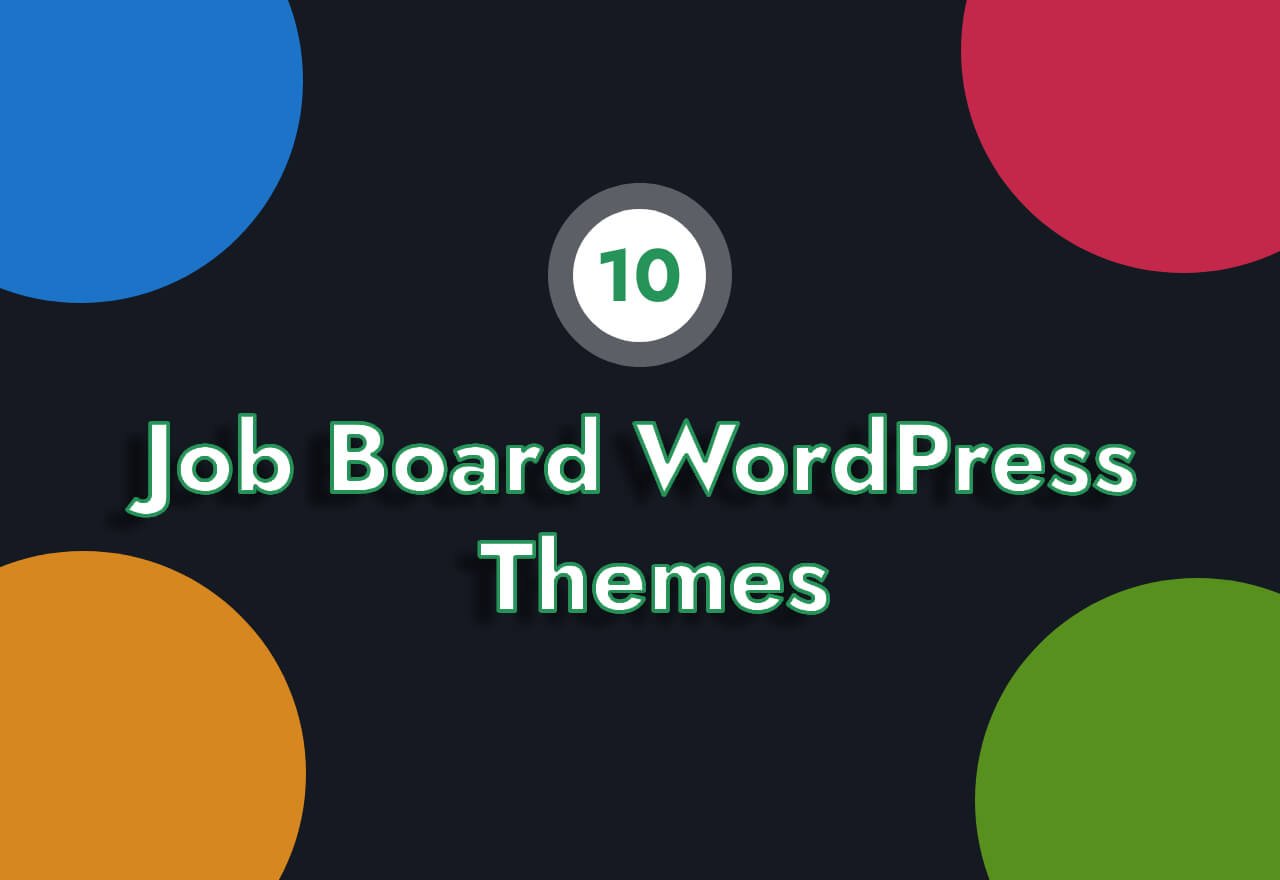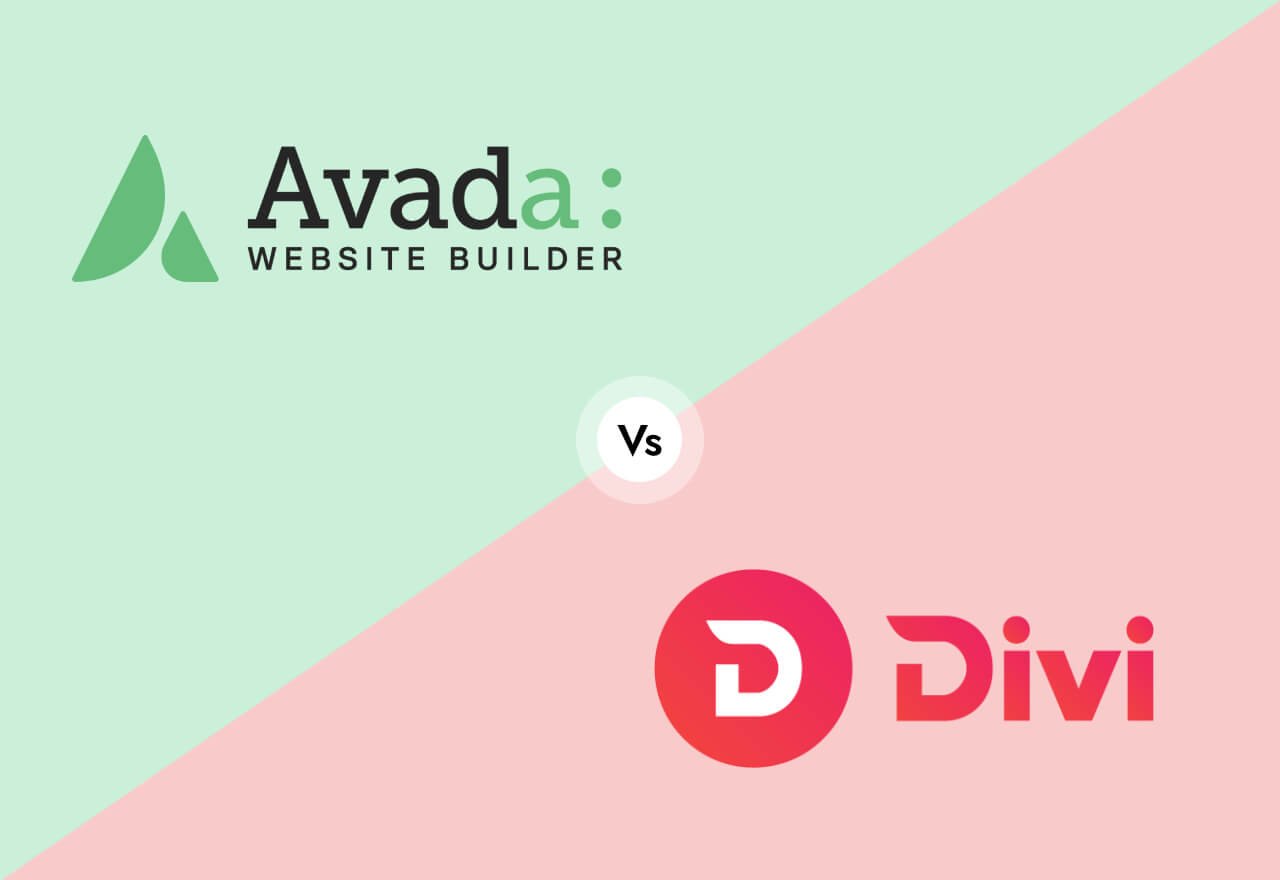Content Management Systems (CMS) are widely used for website development because they make it easier to create, manage, and update websites without extensive coding knowledge. Here is a list of some popular CMS platforms for website development
WordPress: WordPress is the most widely used CMS, known for its flexibility, user-friendliness, and extensive plugin ecosystem. It’s suitable for a wide range of websites, from blogs to e-commerce.
Joomla: Joomla is a powerful CMS known for its versatility and ability to create complex websites. It’s often used for community-based websites and e-commerce.
Drupal: Drupal is a robust CMS favored by developers for its customization capabilities. It’s commonly used for large and complex websites and web applications.
Magento: Magento is a popular CMS for e-commerce websites. It offers a range of features for managing products, customers, and transactions.
Shopify: Shopify is a hosted e-commerce platform that makes it easy for businesses to set up and manage online stores. It’s known for its simplicity and e-commerce-specific features.
Wix: Wix is a user-friendly website builder that allows individuals and small businesses to create websites quickly. It offers both free and premium plans.
Squarespace: Squarespace is another website builder known for its beautiful templates and ease of use. It’s popular among artists, photographers, and small businesses.
Blogger: Blogger is a free platform provided by Google for creating blogs. It’s straightforward and suitable for those who want to focus on blogging.
Ghost: Ghost is a minimalistic CMS designed specifically for blogging. It’s known for its speed and simplicity.
TYPO3: TYPO3 is a powerful open-source CMS known for its scalability and enterprise-level capabilities. It’s often used for large corporate websites.
Please keep in mind that the popularity of CMS platforms can vary by region and industry, and new CMS options may have emerged since my last update. It’s essential to evaluate your specific website requirements and consider factors like ease of use, scalability, and available features when choosing a CMS for your project.





